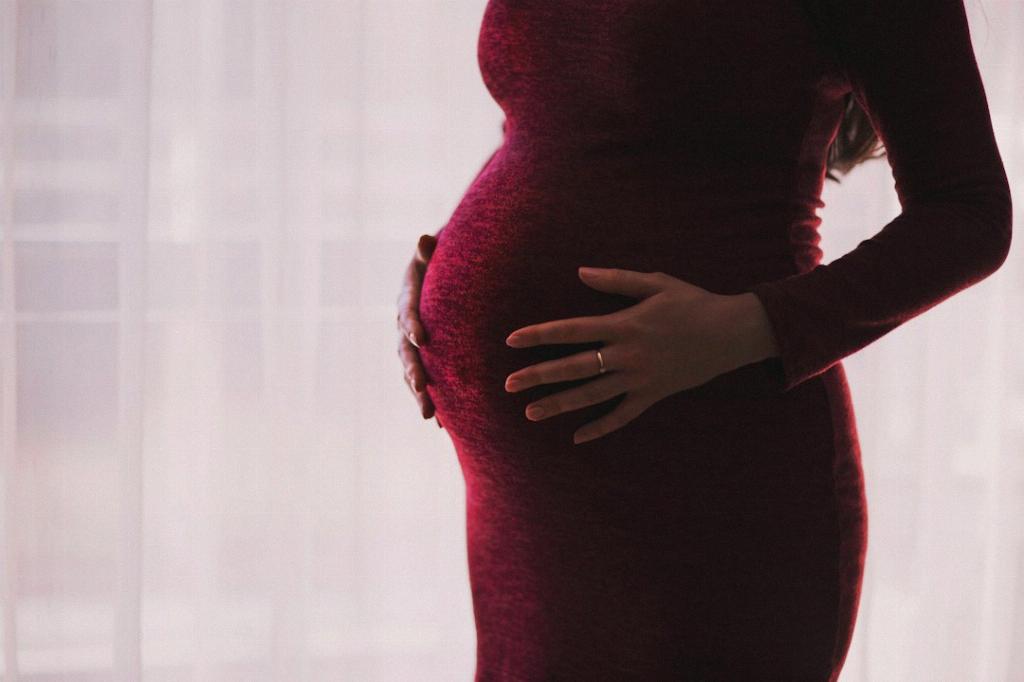When discussing the topic of ectopic pregnancy, it is crucial to delve into the details of this medical condition that affects many women worldwide. An ectopic pregnancy occurs when a fertilized egg implants itself outside of the uterus, most commonly within one of the fallopian tubes. These tubes play a vital role in connecting the ovaries to the womb, serving as the pathway for egg transportation.
Causes of Ectopic Pregnancy
Several factors can contribute to the occurrence of an ectopic pregnancy. One main cause is damage or blockage of the fallopian tubes, which may result from previous pelvic surgeries, infections, or inflammation. Hormonal imbalances and abnormalities in the shape of the fallopian tubes can also increase the risk of ectopic pregnancies.
Symptoms and Diagnosis
Identifying the signs and symptoms of an ectopic pregnancy is vital for timely diagnosis and treatment. Women experiencing an ectopic pregnancy may notice symptoms such as abdominal pain, vaginal bleeding, shoulder pain, and dizziness. Physicians typically diagnose ectopic pregnancies through a combination of blood tests, ultrasounds, and pelvic exams.
Risk Factors
Various risk factors can predispose individuals to ectopic pregnancies. Women with a history of pelvic inflammatory disease (PID), previous ectopic pregnancies, or tubal surgeries are at higher risk. Additionally, smokers, older women, and those undergoing fertility treatments may face an increased likelihood of experiencing an ectopic pregnancy.
Treatment Options
Early detection and intervention are crucial in the management of ectopic pregnancies to prevent potential complications. Depending on the individual’s health status and the progression of the pregnancy, treatment options can vary. Common approaches include medications to stop the growth of the embryo or surgical procedures to remove the abnormal pregnancy tissue.
Potential Complications
If left untreated, ectopic pregnancies can lead to severe complications, such as rupture of the fallopian tube, internal bleeding, and life-threatening infections. Recognizing the signs of a ruptured ectopic pregnancy, such as sharp abdominal pain and fainting, is critical for seeking immediate medical attention.
Emotional Impact
Coping with the diagnosis of an ectopic pregnancy can evoke a range of emotions, including sadness, anxiety, and grief. It is essential for individuals to seek emotional support from loved ones, healthcare professionals, or support groups to navigate through this challenging experience.
Future Fertility
Many individuals wonder about the impact of an ectopic pregnancy on their future fertility prospects. While experiencing one ectopic pregnancy may slightly increase the risk of another, the majority of women can have successful pregnancies following appropriate treatment and monitoring.
Preventive Measures
Although not all cases of ectopic pregnancy can be prevented, adopting certain preventive measures can help reduce the risk. Avoiding smoking, practicing safe sex to prevent sexually transmitted infections, and seeking timely treatment for reproductive health conditions are crucial steps in minimizing the likelihood of an ectopic pregnancy.
Support and Resources
For individuals navigating the complexities of ectopic pregnancies, seeking support from healthcare providers, counselors, or online resources can be beneficial. Encouraging open communication and seeking reliable information can help individuals make informed decisions regarding their reproductive health.
Conclusion
In conclusion, understanding the nuances of ectopic pregnancies, from causes and symptoms to treatment options and emotional impact, is essential in promoting awareness and proactive healthcare practices. By staying informed, seeking prompt medical attention, and prioritizing emotional well-being, individuals can better navigate the challenges associated with ectopic pregnancies.

